Missionaries using tech to contact Amazon's Indigenous people
Wealthy US-backed evangelical groups are sending drones to reach remote and uncontacted tribes, despite legal prohibitions
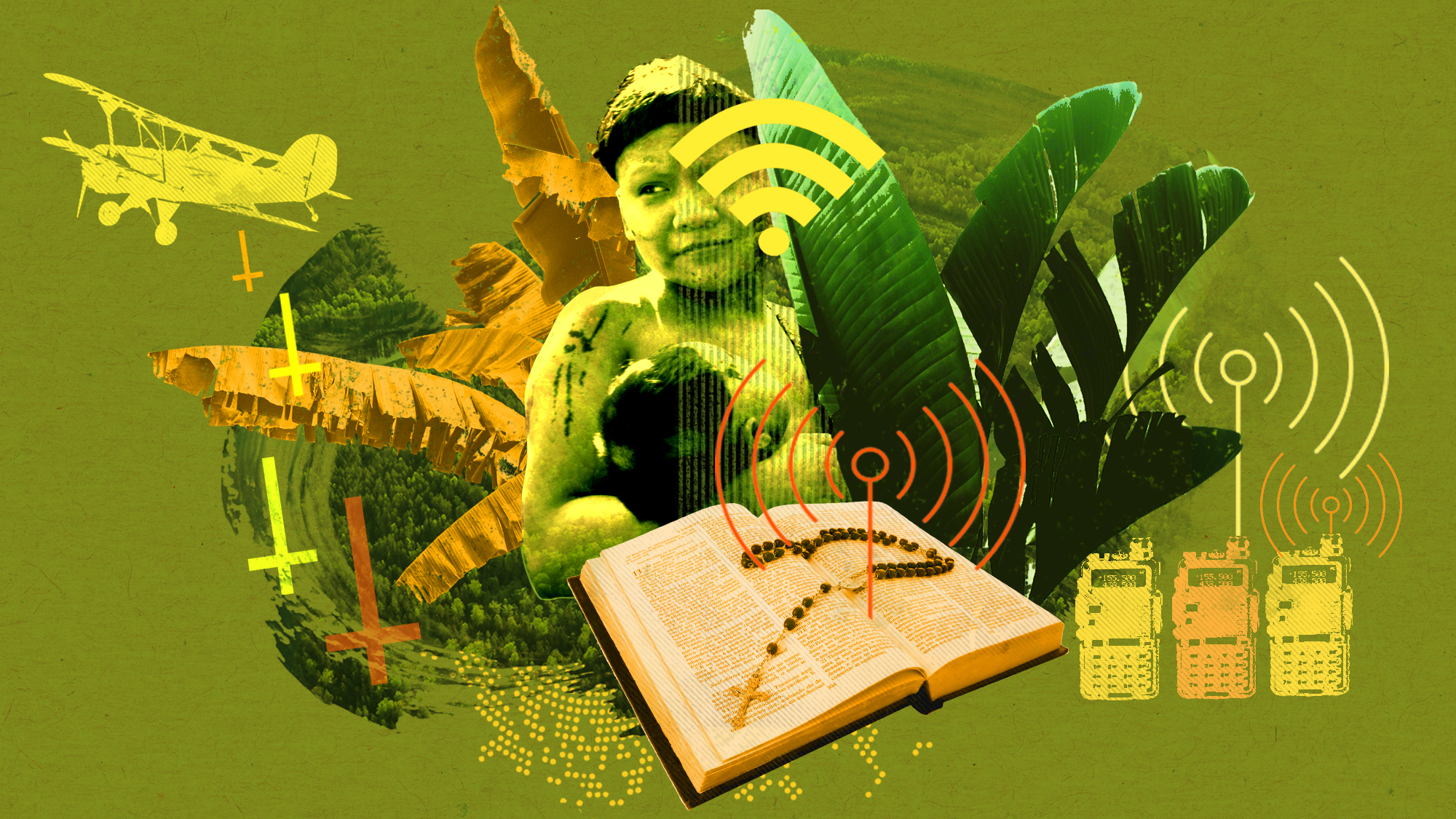
A free daily email with the biggest news stories of the day – and the best features from TheWeek.com
You are now subscribed
Your newsletter sign-up was successful
More uncontacted people live in Brazil's Amazon rainforest than anywhere else in the world.
Consisting of about 100 isolated groups, they are aware of the outside world and some have limited trading relationships with neighbours – but most have chosen to live in voluntary isolation. And with good reason: contact has almost always been disastrous for them, from enslavement during the 19th-century rubber boom to more recent land grabs by illegal loggers and cattle ranchers.
But that isolation has been interrupted in unusual fashion, thanks to the efforts of US-backed Christian evangelical groups turning to technological innovations to circumvent the restrictions.
The Week
Escape your echo chamber. Get the facts behind the news, plus analysis from multiple perspectives.

Sign up for The Week's Free Newsletters
From our morning news briefing to a weekly Good News Newsletter, get the best of The Week delivered directly to your inbox.
From our morning news briefing to a weekly Good News Newsletter, get the best of The Week delivered directly to your inbox.
Hi-tech threat
Many missionary groups are active in the Amazon, said Survival International. "Some are comparatively benign or benevolent", and there are many cases of missionaries being "targeted and murdered for standing alongside Indigenous peoples and campaigning for their rights".
However, since 1987, Brazil has banned missionary groups from making contact with the rainforest's isolated Indigenous groups, to protect their culture and their health. Uncontacted people do not have immunity to diseases common elsewhere, and "it is not unusual for 50% of any one group to be wiped out within a year of first contact by diseases such as measles and influenza".
But a joint investigation by The Guardian and the Brazilian newspaper O Globo discovered that "solar-powered devices reciting biblical messages in Portuguese and Spanish" have appeared among members of the isolated and mostly uncontacted Korubo people in the Javari valley, near the Brazil-Peru border. The "yellow and grey mobile phone-sized unit", seen by The Guardian, "recites the Bible and inspirational talks by an American Baptist".
Government agents tasked with policing these regions say they have also spotted seaplanes and drones in the area. "Missionary activity now threatens 13 of the 29 isolated peoples that Brazil officially recognises as definitively confirmed," said The Guardian, citing the federal prosecutor's office.
A free daily email with the biggest news stories of the day – and the best features from TheWeek.com
'Destructive power'
One of the leading missionary organisations operating in the Javari territory is the New Tribes Mission of Brazil, an offshoot of the New Tribes Mission in the US. Established in 1942, it referred to uncontacted Indigenous people as "brown gold", also formerly the name of the organisation's newsletter. Renamed Ethnos360 in 2017, it has an annual budget of about $80 million (£59.5 million).
During the Covid pandemic, it was reported that New Tribes Mission missionaries had been using seaplanes and a helicopter to fly over and map out uncontacted settlements in the Javari reserve.
In 2020, Brazil's highest court prohibited missionaries from entering the reserve, which Indigenous representatives had warned could bring about a "genocide".
The then president of Brazil, Jair Bolsonaro, a vocal vaccine sceptic, publicly sided with Christian evangelists. Earlier that year, he had appointed Ricardo Lopes Dias, a former evangelical missionary, to head the government's department for isolated and recently contacted tribes.
Although the order remains in effect, Nelly Marubo, head of the Javari valley regional coordination office, told The Guardian that missionaries "frequently" visit the group's base in Javari, "arriving directly by aircraft without passing government control posts".
Indigenous organisations and activists say it's crucial to reaffirm the non-contact policy. Technological outreach like audio Bibles might seem inoffensive curiosities, but Marubo said that the infiltration of outside religious and cultural beliefs has a "destructive power" for Indigenous groups. Exposure to "colonising" language and concepts "ends up cutting through the essence of the culture".
-
 How the FCC’s ‘equal time’ rule works
How the FCC’s ‘equal time’ rule worksIn the Spotlight The law is at the heart of the Colbert-CBS conflict
-
 What is the endgame in the DHS shutdown?
What is the endgame in the DHS shutdown?Today’s Big Question Democrats want to rein in ICE’s immigration crackdown
-
 ‘Poor time management isn’t just an inconvenience’
‘Poor time management isn’t just an inconvenience’Instant Opinion Opinion, comment and editorials of the day
-
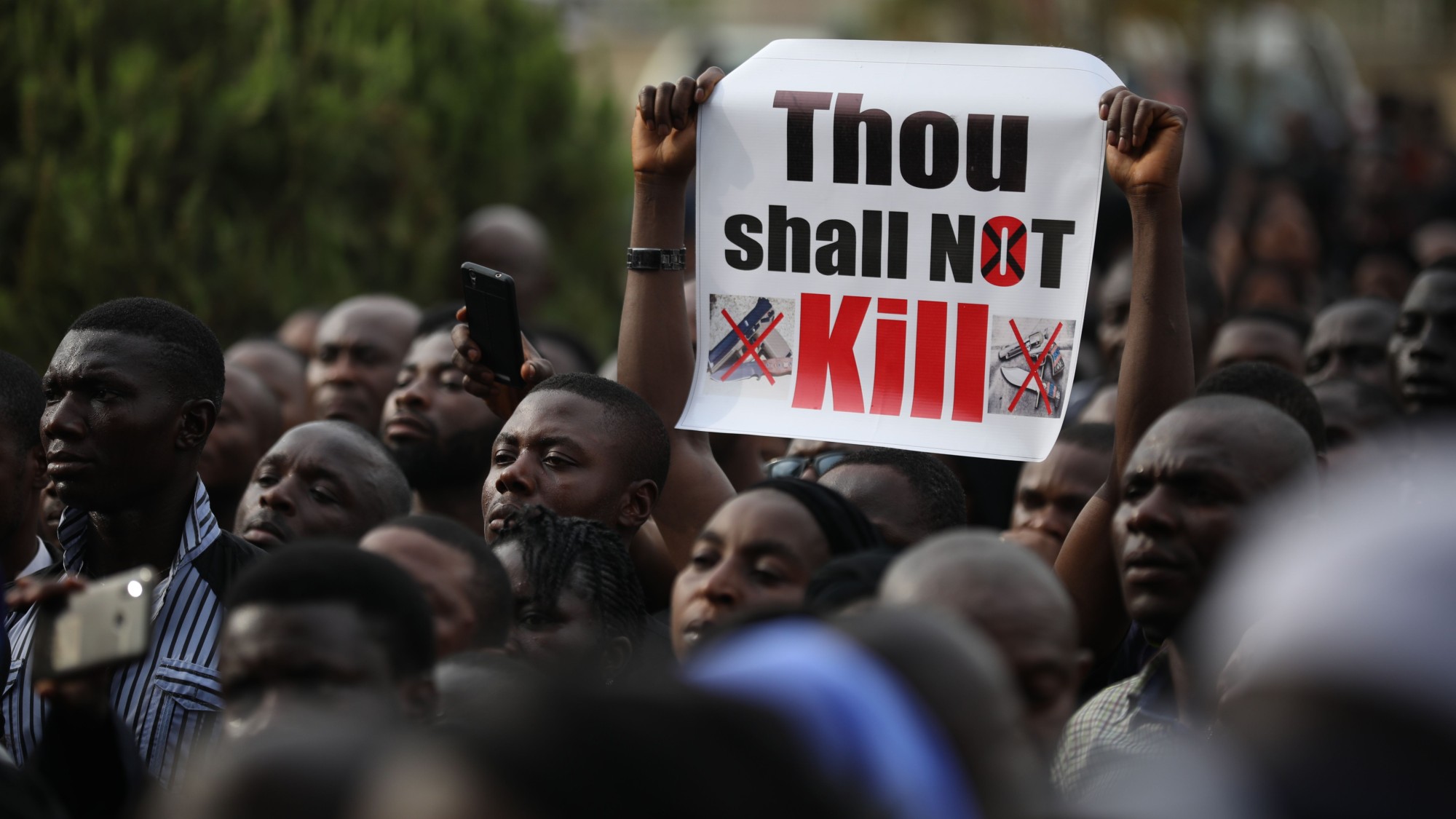 The disputed claims about Christian genocide in Nigeria
The disputed claims about Christian genocide in NigeriaThe Explainer West African nation has denied claims from US senator and broadcaster
-
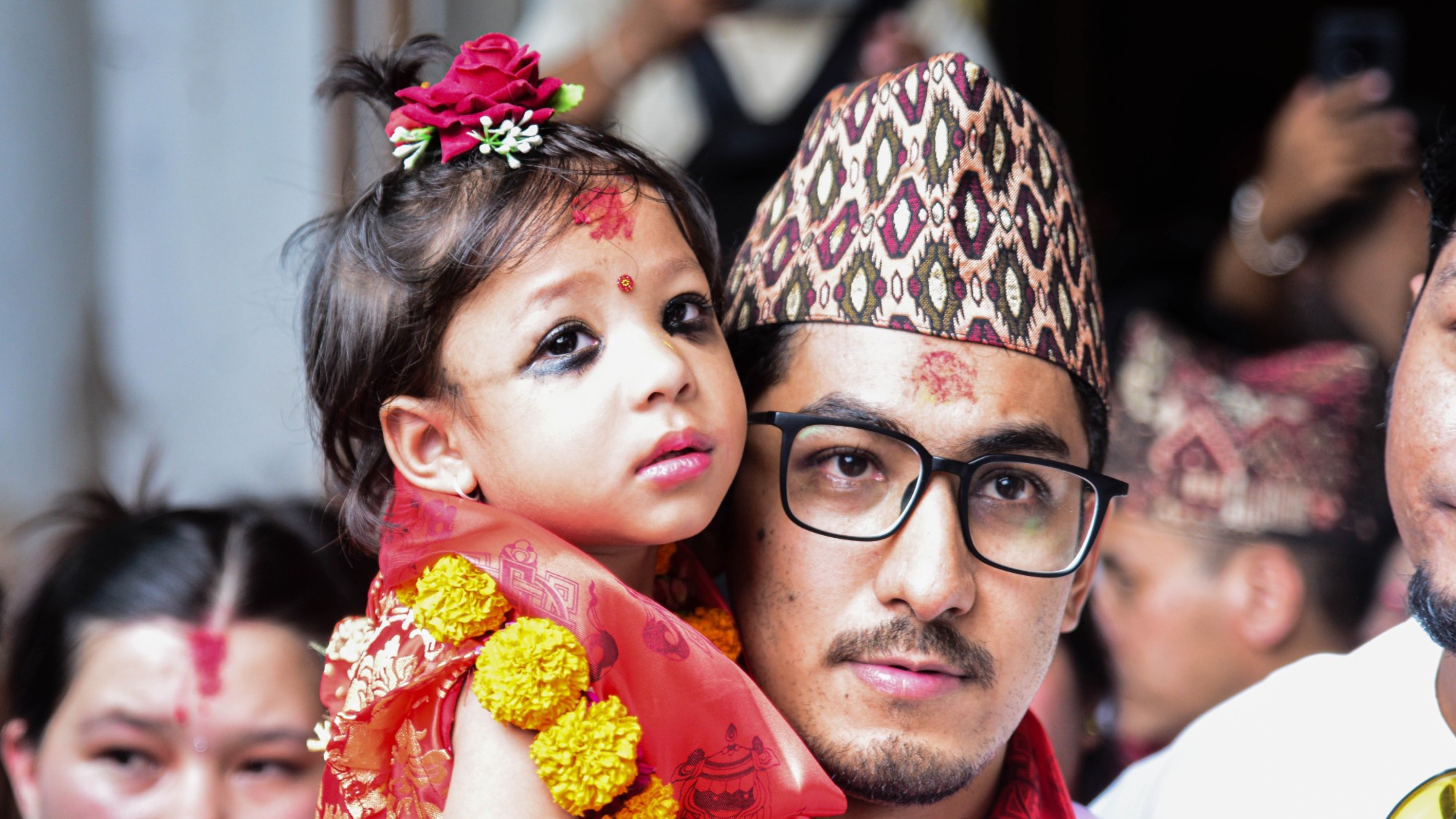 Nepal chooses toddler as its new ‘living goddess’
Nepal chooses toddler as its new ‘living goddess’Under the Radar Girls between two and four are typically chosen to live inside the temple as the Kumari – until puberty strikes
-
 The IDF's manpower problem
The IDF's manpower problemThe Explainer Israeli military's shortage of up to 12,000 troops results in call-up for tens of thousands of reservists
-
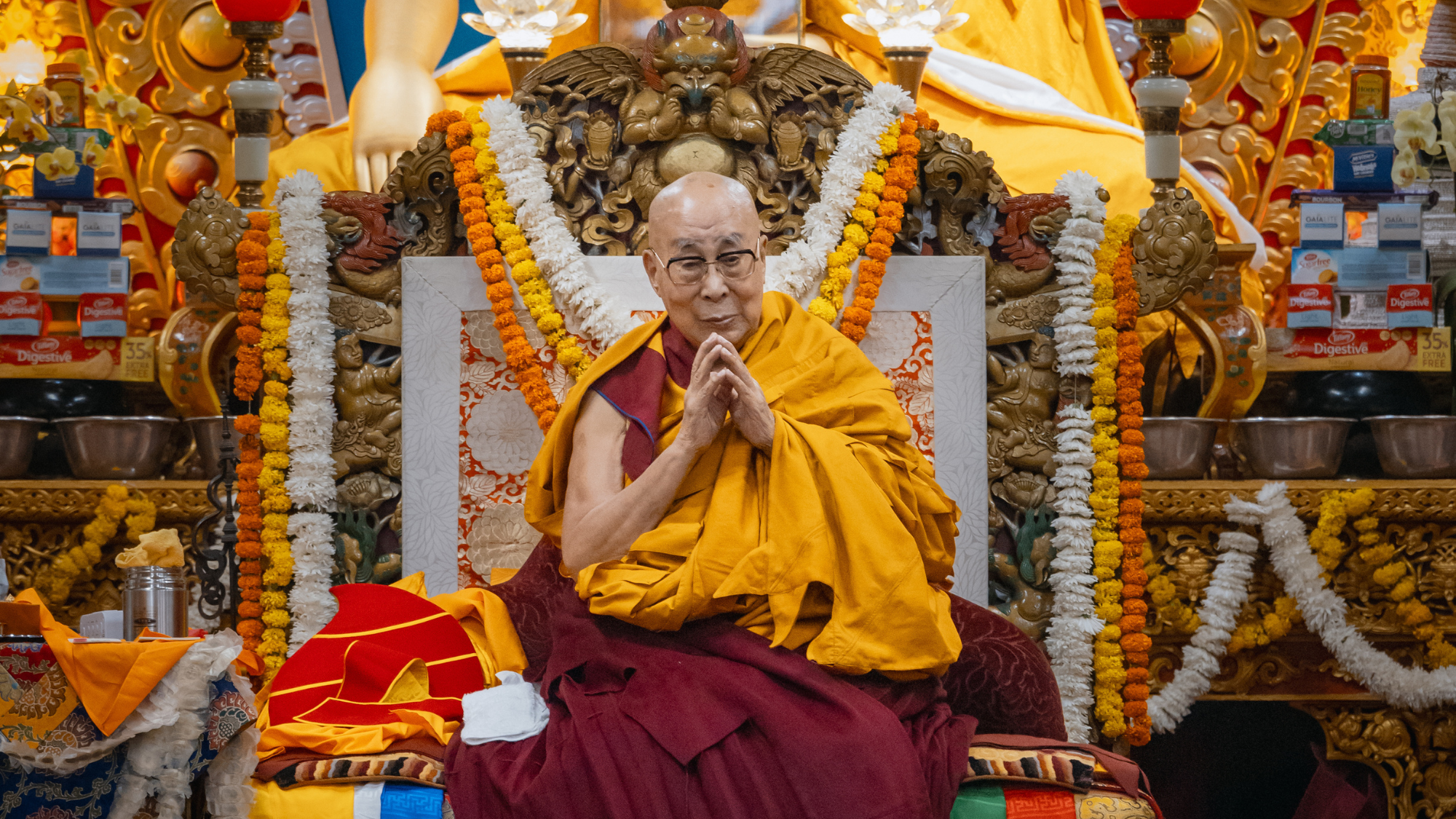 What has the Dalai Lama achieved?
What has the Dalai Lama achieved?The Explainer Tibet’s exiled spiritual leader has just turned 90, and he has been clarifying his reincarnation plans
-
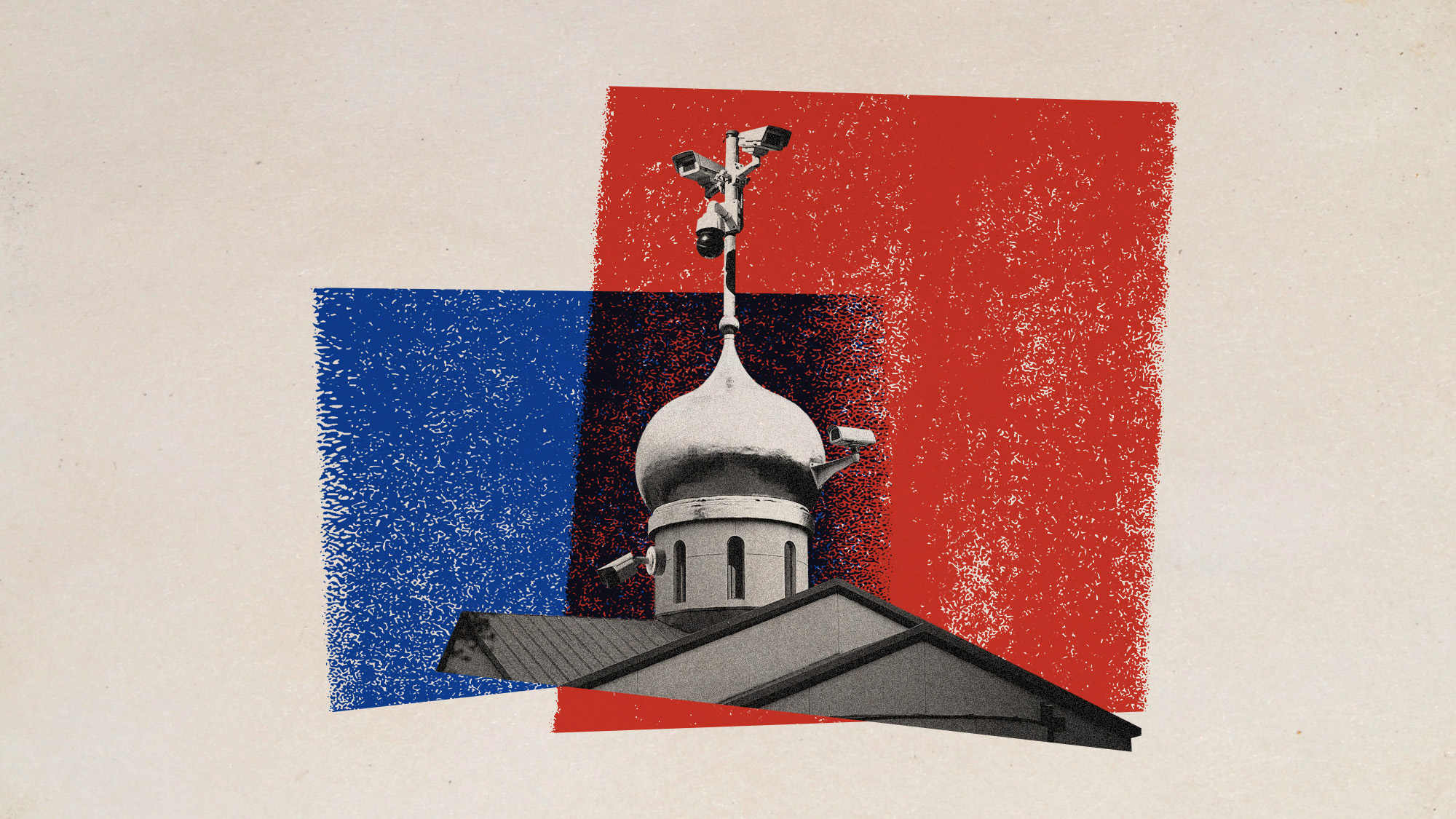 The Swedish church at the centre of a Russian spy drama
The Swedish church at the centre of a Russian spy dramaUnder The Radar The Russian Orthodox Church is accused of being an 'active tool' of Moscow's 'soft power'
-
 Yes Band Aid, Ethiopians do know it's Christmas time
Yes Band Aid, Ethiopians do know it's Christmas timeIn the Spotlight East African nation was one of the first to adopt Christianity, but celebrates with other Orthodox Christian churches on 7 January
-
 The battlegrounds in Brazil’s presidential elections
The battlegrounds in Brazil’s presidential electionsfeature Analysts fear democracy is under threat as violence erupts in run-up to ‘most polarised race in decades’
-
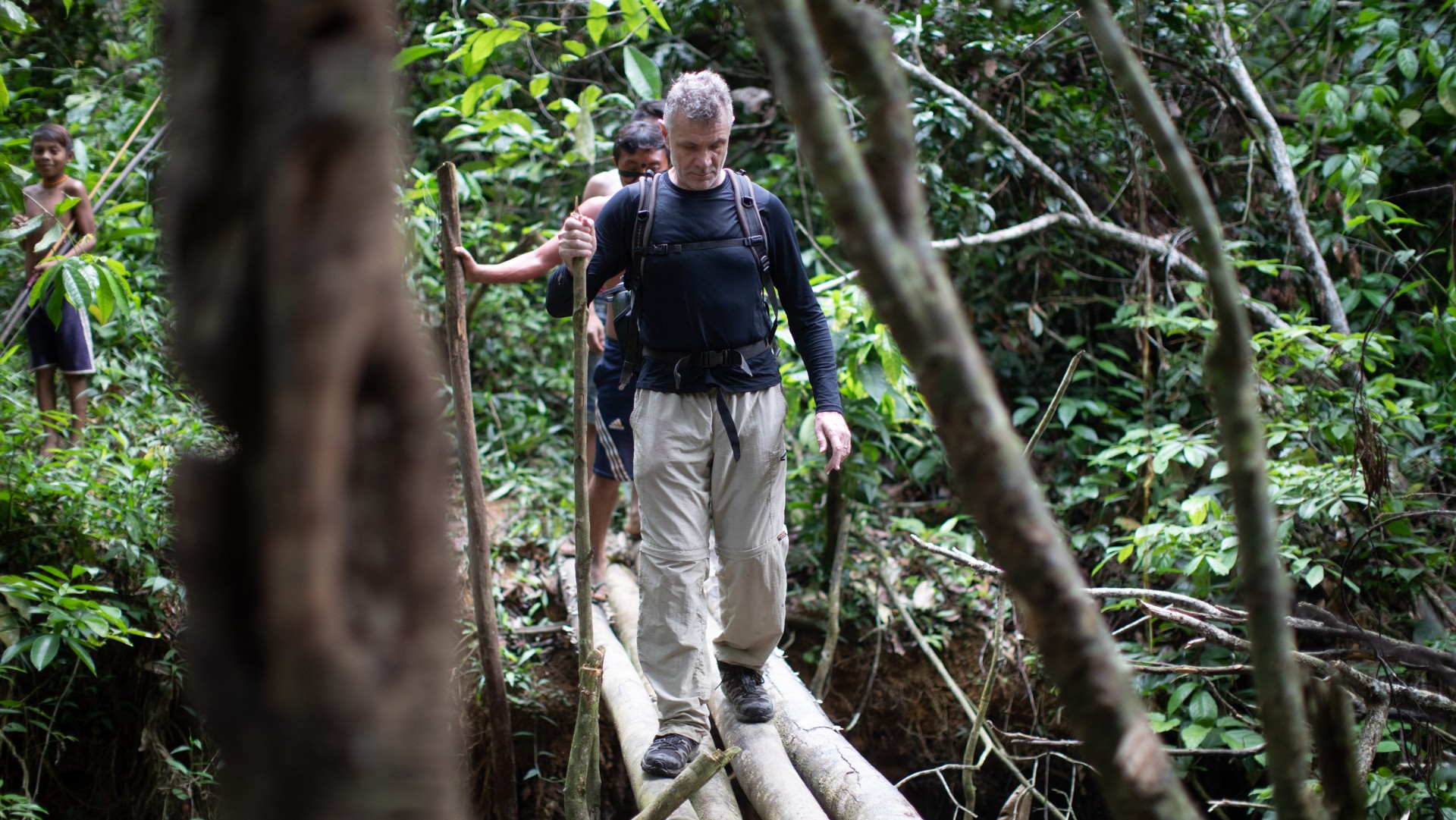 What happened to Dom Phillips?
What happened to Dom Phillips?In Depth British journalist feared dead after fisherman suspect led police to the remains of two men